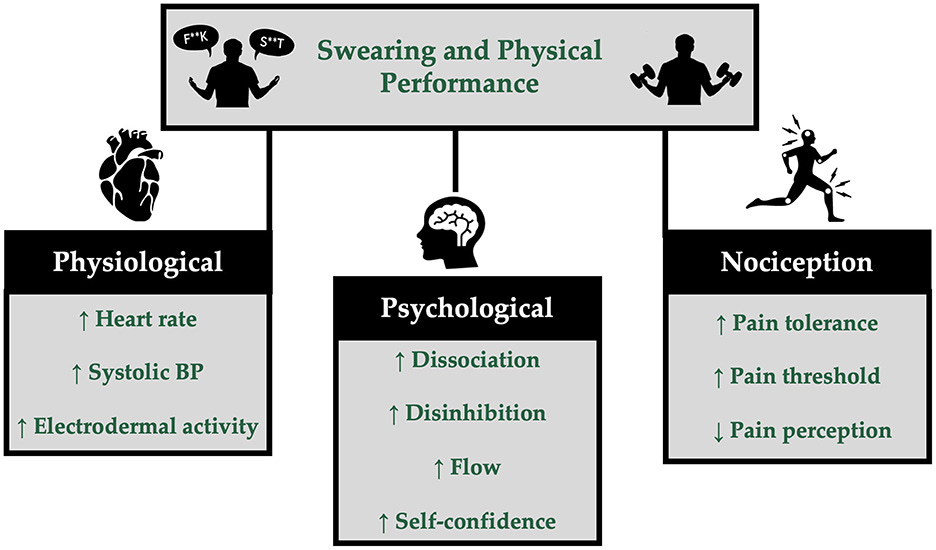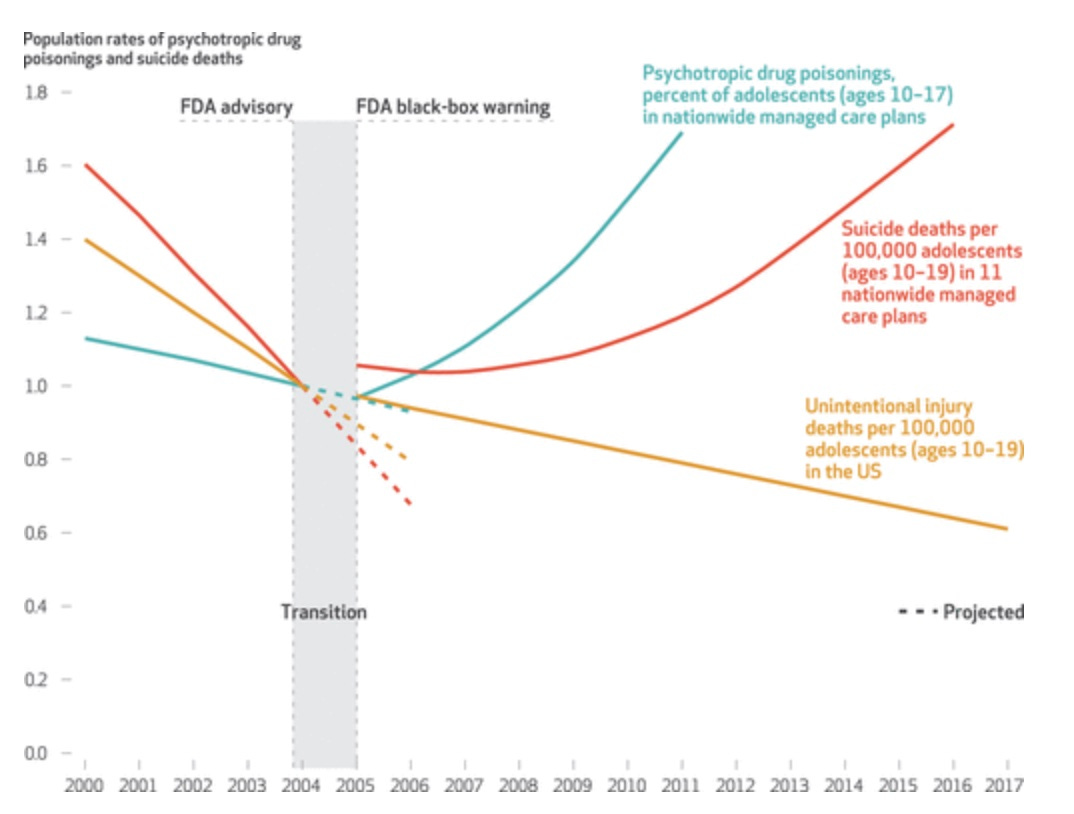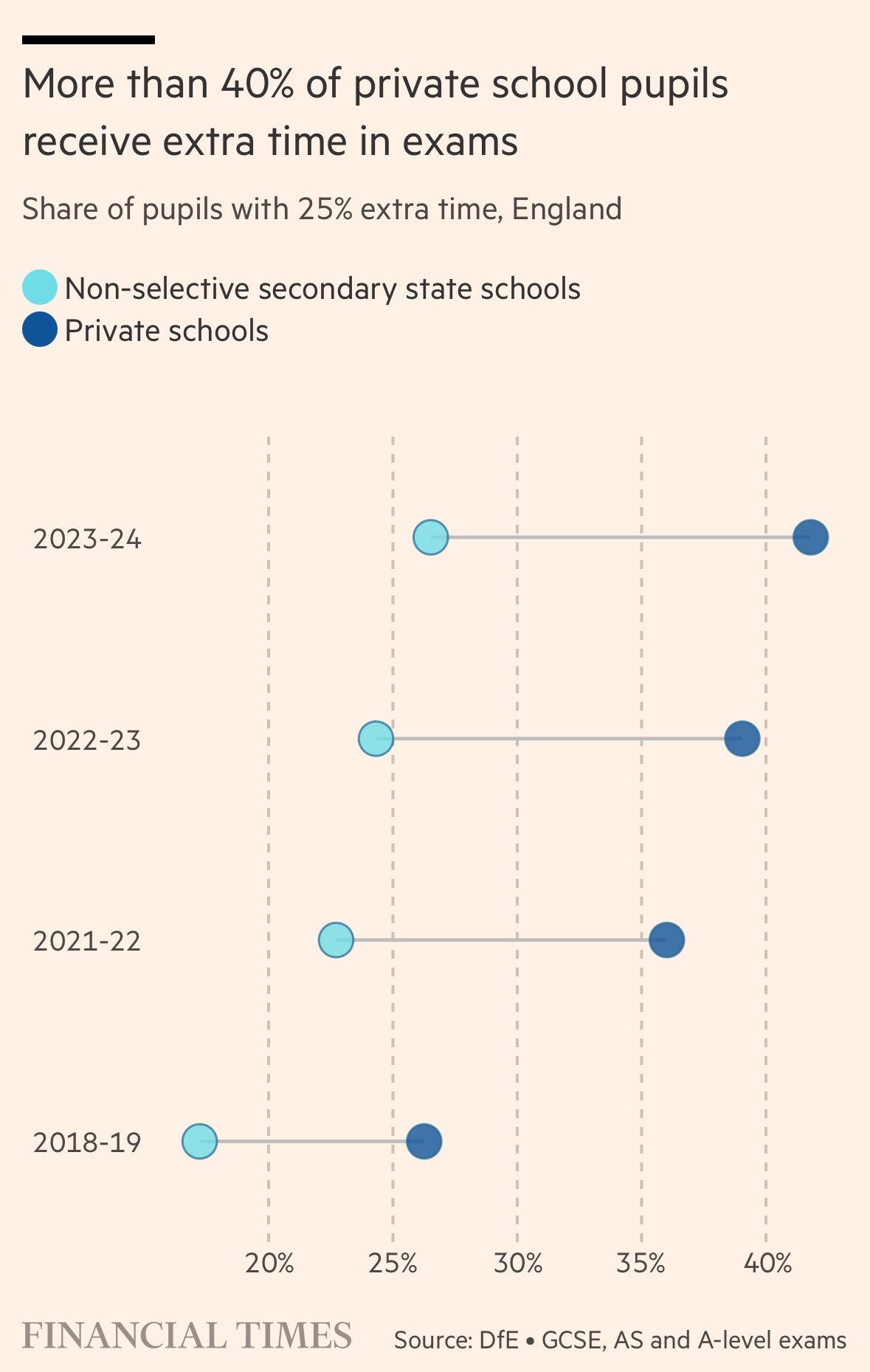Swearing as a Performance-Enhancing Drug, Three Replication Failures, and Victim Signaling for Fun and Profit
The Nature-Nurture-Nietzsche Linkfest for December 2024

News
It’s been quite a month! My Dad died, my daughter graduated from dance school - and then I found out that the guy who shot the UnitedHealthcare CEO was a big fan of my book, The Ape That Understood the Universe, as well as an avid follower of my Twitter/X account! People discovered his reading habits via his Goodreads page, and the topic attracted a fair amount of media attention (see, e.g., here, here, here, here, and here). Below is an excerpt from a Honolulu Civil Beat piece that got picked up by multiple outlets.
Surfbreak residents are expected to contribute to the community, and [Luigi] Mangione played a role by founding the book club with Wexler and Martin. They recall Mangione had recently read Yuval Noah Harari’s “Sapiens: A Brief History of Humankind” and was enthusiastic about sharing ideas with friends.
The book club’s reading list included “What’s Our Problem,” by Tim Urban, the creator of the blog “Wait But Why,” and “The Ape that Understood the Universe: How the Mind and Culture Evolve,” by Steve Stewart Williams, Wexler and Martin said.
TATUTU even got a mention in The New York Times! Not the ideal context for such an honor, but I guess all publicity is good publicity…
Among his friends in Hawaii, he helped start a book club that began meeting in 2023. Mr. Mangione pushed for readings by Tim Urban, a writer and illustrator whose blog Wait, But Why, a compendium of science writing and cultural musings, is popular with Gen Z techies. The group also read “The Ape That Understood The Universe,” a favorite of Mr. Mangione’s that explores evolutionary psychology.
Inevitably, some people pointed the finger at me, asserting that my tweets and book helped push the killer to do what he did. But as I said on Twitter/X, I’ve never written anything that would remotely support such an act. I’ve never said anything publicly about healthcare or health insurance, and although I argue in TATUTU that violence is natural in our species, I go to great lengths to stress that “natural” doesn’t mean “good.” In any case, the whole episode was quite surreal.
UPDATE: In March 2025, TATUTU got a mention in Rolling Stone magazine! In my early twenties, when I dreamed of being a rock star, I would have been overjoyed to hear that my name would be in Rolling Stone one day. Not sure what I would have thought if I’d known the context, though…
On With the Show
But enough about me! It’s time for the latest N3 Newsletter Linkfest: my monthly roundup of interesting papers and articles. In this edition we’ll look at three new replication failures, two cases of pop psychology clashing with real psychology, two new studies on the Dark Triad, three new studies on human mating psychology, two new findings on sex differences, seven challenges to current thinking on gender issues, and three new studies on AI.
Note that the first third of the post is free for everyone, but the rest is for paid subscribers.
You can access the complete collection of Linkfests here.
Hot Off the Press: New Findings in Psychology
Mind Over Matter
In an earlier Linkfest, I discussed research showing that swearing functions as an anesthetic. A new paper reviews the evidence that swearing can also boost sport performance! [Link.]
Unintended Consequences
According to a recent paper in the Journal of Marketing Research, banning free plastic bags for groceries resulted in people buying them instead and using more than they had before. This tendency persisted even after the ban on free plastic bags was rescinded. [Link.]
Warnings that antidepressants increase the risk of adolescent suicide seem themselves to have increased adolescent suicide. This may be because physicians became wary about prescribing antidepressants, leading to more untreated or undiagnosed cases. [Link.]
Delayed Development
Each new generation is hitting the traditional adult milestones at a later age than the last. HT Theo Renshaw (Data Takes) on Twitter/X and Substack. [Link.]
Three New Replication Failures
It’s been a busy month for failed replications. I’ve come across three failures in the last few weeks - and unfortunately, they concern three of my favorite findings in psychology. Time to rewrite my lectures…
A classic finding in social psychology is that intergroup contact is one of the most effective ways to reduce prejudice. Unfortunately, according to a new working paper, the literature on this topic shows strong signs of p-hacking and reporting bias (aka the file-drawer phenomenon). Looking only at preregistered studies, the authors conclude that the actual effect of intergroup contact is much more limited than previously thought. Contact seems only to reduce prejudice toward specific individuals encountered, rather than their entire groups. Damn. [Link.]
A new large-scale, multi-lab study has failed to replicate the famous finding that infants prefer characters that help other individuals to characters that hinder them. This was our best evidence that people have an inbuilt preference for cooperation, which emerges in the first months of life. [Link.]
If you’re a psychology fan, you’ve almost certainly seen this viral video on inequity aversion in capuchin monkeys. Watch what happens - or seems to happen - when two monkeys are offered unequal pay for the same task…
It’s a great video, which I’ve shown to many of my classes over the years. But I’ve got bad news: A new meta-analysis spanning more than 60,000 observations of 18 species concludes that, on balance, there’s no good evidence for inequity aversion in nonhuman animals. [Link.]
Pop Psychology vs. Real Psychology
A widely accepted nugget of pop psychology is that venting your anger gets it out of your system, and is better for you than bottling it up. The research, however, doesn’t bear this out. As psychologist Martin Seligman sums it up, venting has no clear relationship with cancer, may increase your risk of cardiovascular disease, and can intensify depression. HT Alexander Datepsych on Twitter/X. [Link.]
Another widely accepted nugget of pop psychology is that spanking children is highly detrimental to their wellbeing and development. Synthesizing the evidence, however, a new paper finds that spanking explains less than 1% of the variance in children’s outcomes, and thus that the negative effects of spanking have been greatly overstated. [Link.]
Gaming the System
A growing number of students in the U.K. now receive extra time in exams due to special educational needs. The numbers are particularly high in private schools, where 40% of students get extra time. But even in state schools, the numbers are growing and seem unrealistically high. [Link.]
Cultural Evolution in Other Animals
New research suggests that chimpanzees exhibit cumulative cultural evolution - in other words, that they pass complex behaviors down through the generations, modifying and improving them over time. I discussed this possibility in The Ape That Understood the Universe - see the excerpt below. [Link.]
Certainly, some nonhuman animals may have some degree of cumulative culture. Consider nut cracking in chimpanzees. Chimps don’t just hit their nuts with a rock. They use one rock as an anvil and a second as a hammer, and they strike the nut hard enough to crack the shell but not so hard that it crushes the kernel inside. It’s difficult to imagine that a solitary chimp Einstein invented this entire procedure in a single saltational leap, after which it spread in its entirety from chimp brain to chimp brain, down through the chimp generations. As a number of experts have argued, it’s more plausible that the practice emerged in cumulative, bite-size steps.
Still, even if cumulative culture is not completely unique to our species, it’s hard to deny that we take this trick a thousand times further than any other creature.




![r/dataisbeautiful - [OC] Traditional life milestones are happening later and later, due to high cost of living and greater education
r/dataisbeautiful - [OC] Traditional life milestones are happening later and later, due to high cost of living and greater education](https://substackcdn.com/image/fetch/$s_!qKE-!,w_1456,c_limit,f_auto,q_auto:good,fl_progressive:steep/https%3A%2F%2Fsubstack-post-media.s3.amazonaws.com%2Fpublic%2Fimages%2F5a9f9bc3-9c65-4d3a-8684-a063e8095648_1222x836.png)


